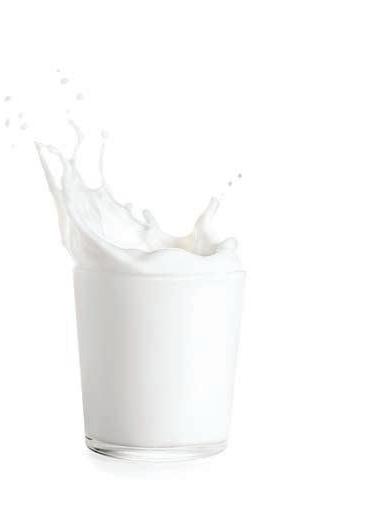
2 minute read
Strains: the Name of the Game
A healthy balance of gut microorganisms can improve your health by enhancing digestion; reducing symptoms of digestive disorders; relieving diarrhea; relieving constipation; fending off infections; reducing risk of skin disorders; and lowering the odds of obesity, high cholesterol, depression, anxiety, heart disease, diabetes, and possibly more.
The human gut contains about 1,500 species of probiotics. They can protect the structure of the digestive tract, stop pathogens from multiplying and causing illness, and produce enzymes to help break down food.
Advertisement
Each probiotic is part of a genus, a broad category such as Lactobacillus or Bifidobacterium, and each of these is further divided into species. These are some popular species of probiotics found in supplements:
Lactobacillus acidophilus:
Discovered in the late 19th century, it’s the most widely researched probiotic. It lives in the small intestine and the vagina. Medically recognized for relieving diarrhea triggered by antibiotics, acidophilus has also been shown to relieve other digestive problems, treat vaginal yeast infections, improve resistance to other infections, reduce allergy symptoms, and help lower cholesterol and blood pressure.
Lactobacillus reuteri:
These friendly bacteria live in the gut and urinary tract, and on the skin. They produce antimicrobial substances that kill harmful bacteria, reduce inflammation, and strengthen the intestinal barrier. A strong barrier stops harmful microorganisms from spreading through the gut wall into other parts of the body where they can trigger inflammatory diseases or infections, or overall systemic illness. Researchers have observed that when humans eat less fermented foods that contain L. reuteri, inflammatory diseases become more common.
Bacillus subtilis:
More than 60 years ago, an antibiotic for burns was developed from this probiotic, which lives in soil as well as the human gut. Our supply is enriched by being outdoors in a natural environment—walking barefoot on the grass or gardening, for example.
In supplements, it can help enhance digestion and immune function, reduce urinary tract infections, reduce symptoms of irritable bowel syndrome, and shorten respiratory illnesses in children.
Lactobacillus rhamnosus:
By adhering to the walls of the digestive tract, it helps to maintain the integrity of those walls and reduce the risk of leaky gut, a condition in which food particles leak into the blood and trigger autoimmune reactions and other symptoms. L. rhamnosus also protects against overgrowth of the yeast Candida albicans, which can provoke fatigue, digestive problems, infections, joint pain, and other seemingly mysterious symptoms that are often difficult to diagnose.
Bifidobacterium longum:
Found in the colon, it helps to break down plant fibers and carbohydrates that can’t be broken down earlier during the digestive process. It reduces inflammation in the digestive system and helps the immune system to resist illnesses more effectively.
Is Lactose a Problem for You?
Both Lactobacillus and Bifidobacterium probiotics help to break down lactose, the milk sugar that causes problems with dairy foods for a lot of people.





